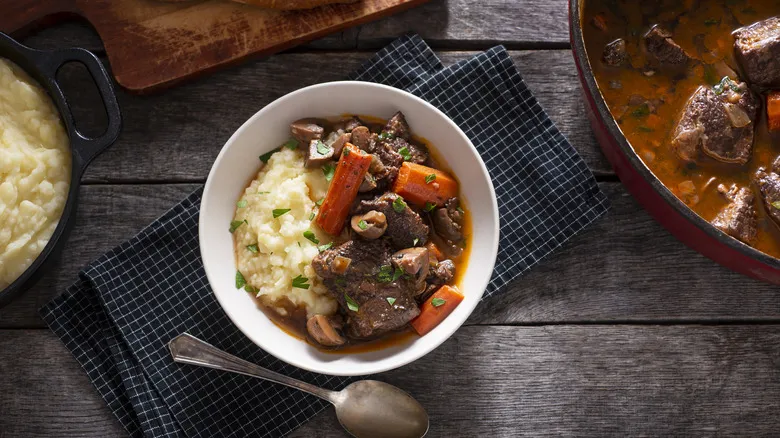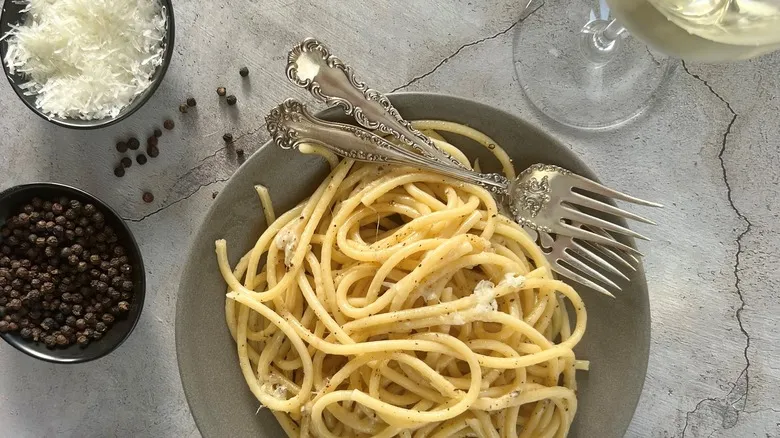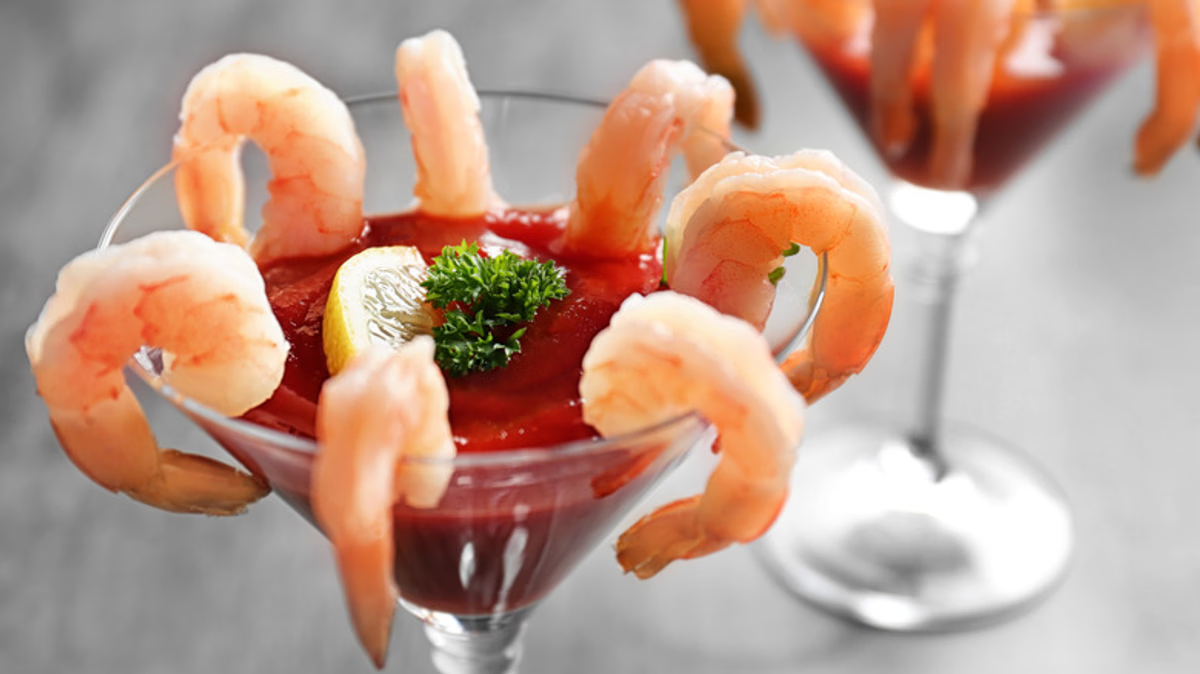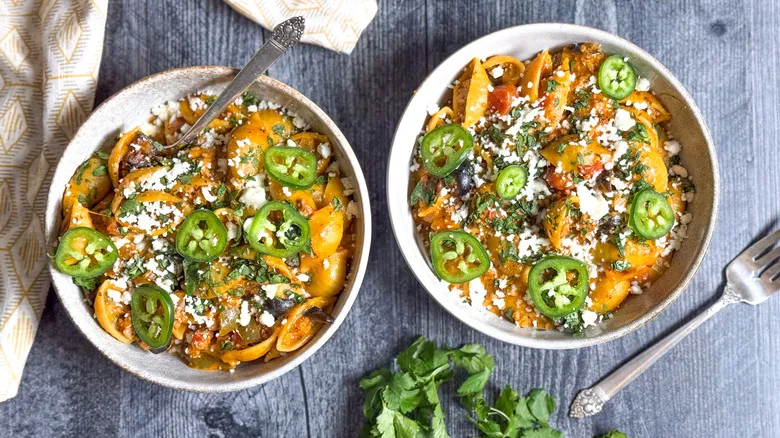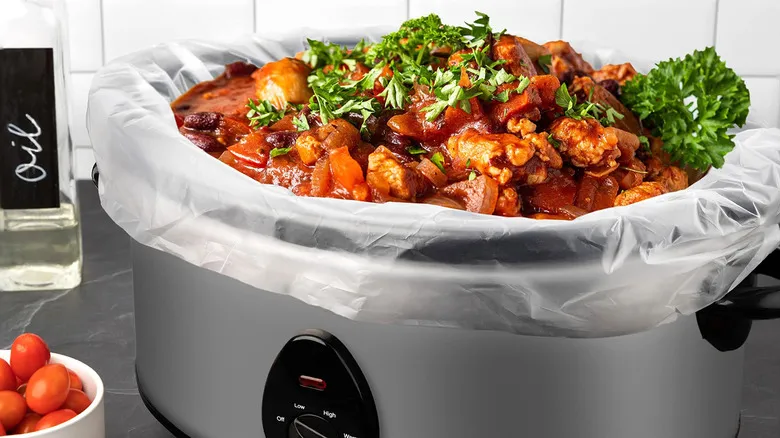Why wine type matters
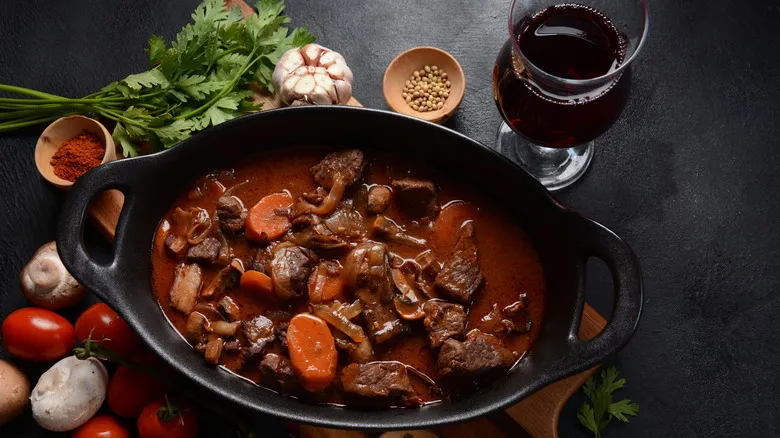
Just as selecting the finest cut of beef is crucial for your stew, the wine you choose is essential for beef bourguignon. The key difference is that when braised, a tougher, less expensive cut of beef can transform into something extraordinary. However, the wine serves not only as the primary liquid for braising but also significantly impacts the dish's flavor. The right wine adds depth to the sauce without overpowering the intricate flavors of the aromatics, vegetables, and beef, achieving a harmonious balance between the stew's richness and the wine's brightness. The aim is to enhance the meat's natural flavor rather than conceal it.
Wines with tannins, such as Pinot Noir, provide a well-rounded flavor profile that complements the dish's richness. While bolder wines may seem enticing, they can sometimes overshadow the beef's flavor and the dish's subtle notes. It's also wise to steer clear of overly sweet wines, as they can introduce conflicting sweet flavors that detract from the overall richness. Using low-quality wine can greatly impact the dish, as its dominant flavors will become pronounced during cooking, often clashing with the other ingredients. Lastly, avoid cooking wine entirely — it has no place in beef bourguignon.
Recommended
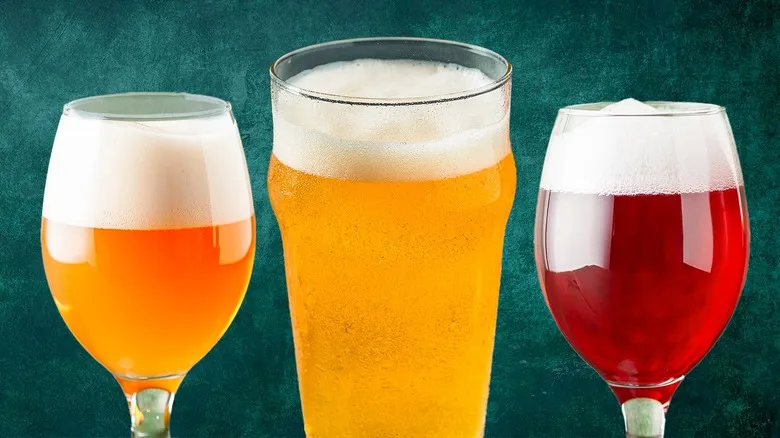
The 10 Best Hard Ciders For Every Palate
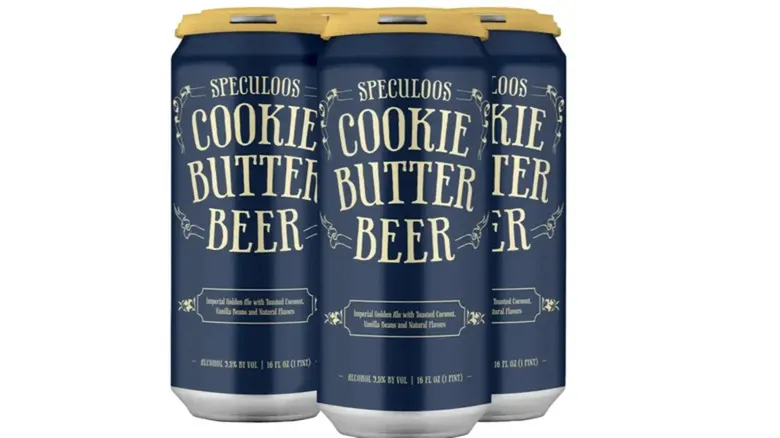
Serve Trader Joe's Cookie Butter Beer Frozen For The Ultimate Boozy Milkshake

How Many Bottles Of Wine Do You Need To Buy For A Dinner Party?

What Does It Mean When A Wine Is Corked?
Next up

